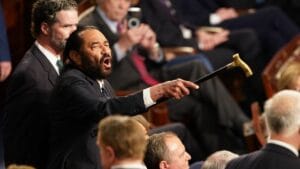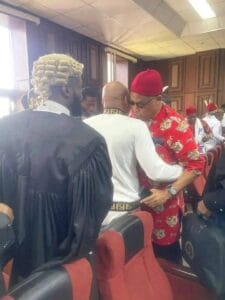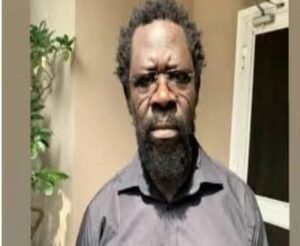The Federal Government (FG) defended President Bola Tinubu’s recent cabinet reshuffle, which reduced ministerial vehicles and limited aides. The reshuffle, announced on Wednesday, stirred reactions, especially since Ogun State now has four ministers, more than any other state.
During the 19th Federal Executive Council meeting in Abuja, Tinubu reassigned 10 ministers to new roles, removed five, and nominated seven new ministers for Senate confirmation. The President also renamed the Ministry of Nigeria Delta Development to the Ministry of Regional Development, dissolved the Ministry of Sports Development, and combined the Ministries of Tourism, Arts, and Culture into the Federal Ministry of Art, Culture, Tourism, and Creative Economy.
Pending Senate approval, the new ministers include Dr. Jumoke Oduwole (Ogun) for Industry, Trade, and Investment; Dr. Nentawe Yilwatda (Plateau) for Humanitarian Affairs and Poverty Reduction; Muhammadu Dingyadi (Sokoto) for Labour & Employment; Bianca Odumegwu-Ojukwu (Imo) as Minister of State for Foreign Affairs; Idi Maiha (Kaduna) for Livestock Development; Yusuf Ata (Kano) as Minister of State, Housing and Urban Development; and Dr. Suwaiba Ahmad (Kano) as Minister of State for Education.
Senate, Legal Experts Respond
While some questioned why Ogun had four ministers, Senate Committee on Federal Character Chair Allwell Onyesoh stated that federal appointments must meet a constitutional requirement of one minister per state, though other factors also matter. He emphasized that federal appointments aim to prioritize competence and efficient governance, not just regional representation.
Other legal experts, like Dr. Olisa Agbakoba, agreed that there’s no limit on ministerial appointments per state as long as each state has at least one representative. He noted that the President’s appointments comply with this guideline, ensuring representation across Nigeria’s 36 states.
In response to criticisms, Tinubu’s administration limited ministerial privileges to curb expenses. He directed that ministers, including ministers of state and agency heads, could only use three official vehicles. He also reduced his entourage from 50 to 20 for foreign trips and set a maximum of five security personnel per minister, consisting of four police officers and one DSS officer. The new measures apply immediately to reduce governance costs.
Mixed Reactions from Political Leaders
Former Nigerian Bar Association President Dr. Olisa Agbakoba and other advocates highlighted that the Constitution only mandates at least one minister per state, not a specific maximum. However, some leaders criticized the appointments, stating they don’t reflect fair federal representation. Senior Advocate of Nigeria Ebun-Olu Adegboruwa argued that appointing four ministers from one state lacks inclusivity and could deepen regional inequalities.
Meanwhile, Chief Edwin Clark, a former senator and leader of the Pan Niger Delta Forum, criticized the dissolution of the Ministry of Niger Delta Affairs. He argued that it disregarded the region’s significance and called for Tinubu to reconsider. Clark voiced disappointment that regional divisions in the government remain, despite past promises of unity and fair representation.
Calls for Broader Reform
Professor Mike Ozekhome, another Senior Advocate, acknowledged that the cabinet adjustments save costs by merging and scrapping some ministries but argued that Tinubu’s reshuffle didn’t go far enough. Ozekhome called for more substantial ministry consolidations, such as combining agriculture and water resources and merging environment-related ministries. He expressed concerns over the creation of new ministries, like Livestock Development, suggesting they could fit under agriculture to avoid excess bureaucracy.
This reshuffle reflects Tinubu’s efforts to address criticisms of government spending while working within constitutional guidelines. However, some voices suggest that more restructuring is needed to address issues of inclusivity and fair representation across Nigeria.




